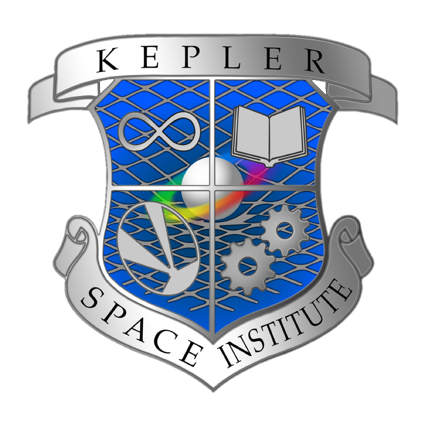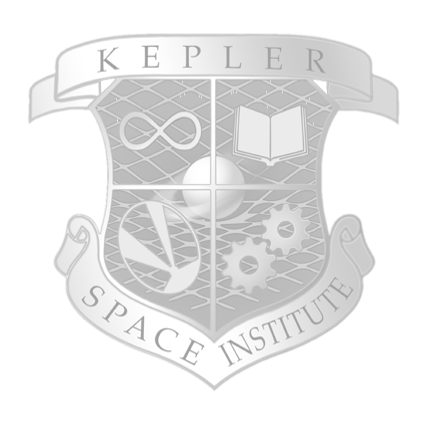Leadership
Kepler Space Institute is dedicated to the expansion of human civilization from Earth into space. We believe this is necessary, both to acquire resources – based on the Law of Space Abundance to provide the fundamental needs of preserving peace and prosperity for humankind on this planet – and to extend life through our solar system and beyond. Our name honors Johannes Kepler, whose findings on planetary motion in the early 17th Century formed the basis for the scientific discipline he called “celestial physics.” Our aim is to support research, exploration and development of space resources.
The mission of Kepler Space Institute is to benefit society and advance human knowledge and expertise. The Institute is dedicated to the expansion of human civilization from Earth to Space. KSI is committed to discovery, preservation and dissemination of knowledge, educating the next generation of leaders, and the development of space exploration, commercialization, and settlement.
Dr. Bob Krone
Founding President
WELCOME TO KEPLER SPACE INSTITUTE
Welcome students, scholars, and space advocates to Kepler Space Institute (KSI). Our administration, faculty, and staff are dedicated to Space research and education for the expansion of human civilization from Earth into Space, with the primary goal of benefitting humans everywhere on Earth and beyond.
KSI provides relevant educational programs and research solutions to business, industry and government in support of continuing Space Exploration, Commercialization, and Human Space Settlement.
Today is one of the most exciting times in the history of the world, as we look back through the ages we see amazing accomplishments that have been made in Science, engineering, medicine, and so many different aspects of life that have brought us to this point and have set the stage for us to move forward into a Era never before imagined. We at Kepler Space Institute, look forward to you joining our academic and research programs in the global space community in the quest of the inevitable future Space Epoch.
Science, technology and brainpower continue to give us the tools to achieve humanity’s successful journey into Space. Our vision and belief is that humankind can be continually improved, avoid extinction and survive in perpetuity by capturing the resources waiting in Space. The Law of Space Abundance – which states “Space has abundant resources to meet human needs” has been proven valid. But science and technology has also given humanity the tools for its own extermination. Our cradle Earth has evolved us to the verge of maturity. But we are not yet there; and the human factors for selecting the good paths and rejecting the bad ones remains a challenge we will address. We believe that Space holds the answer for humanity’s ultimate victory. Help us work toward that vision.
Bob Krone, Ph.D., Founding President
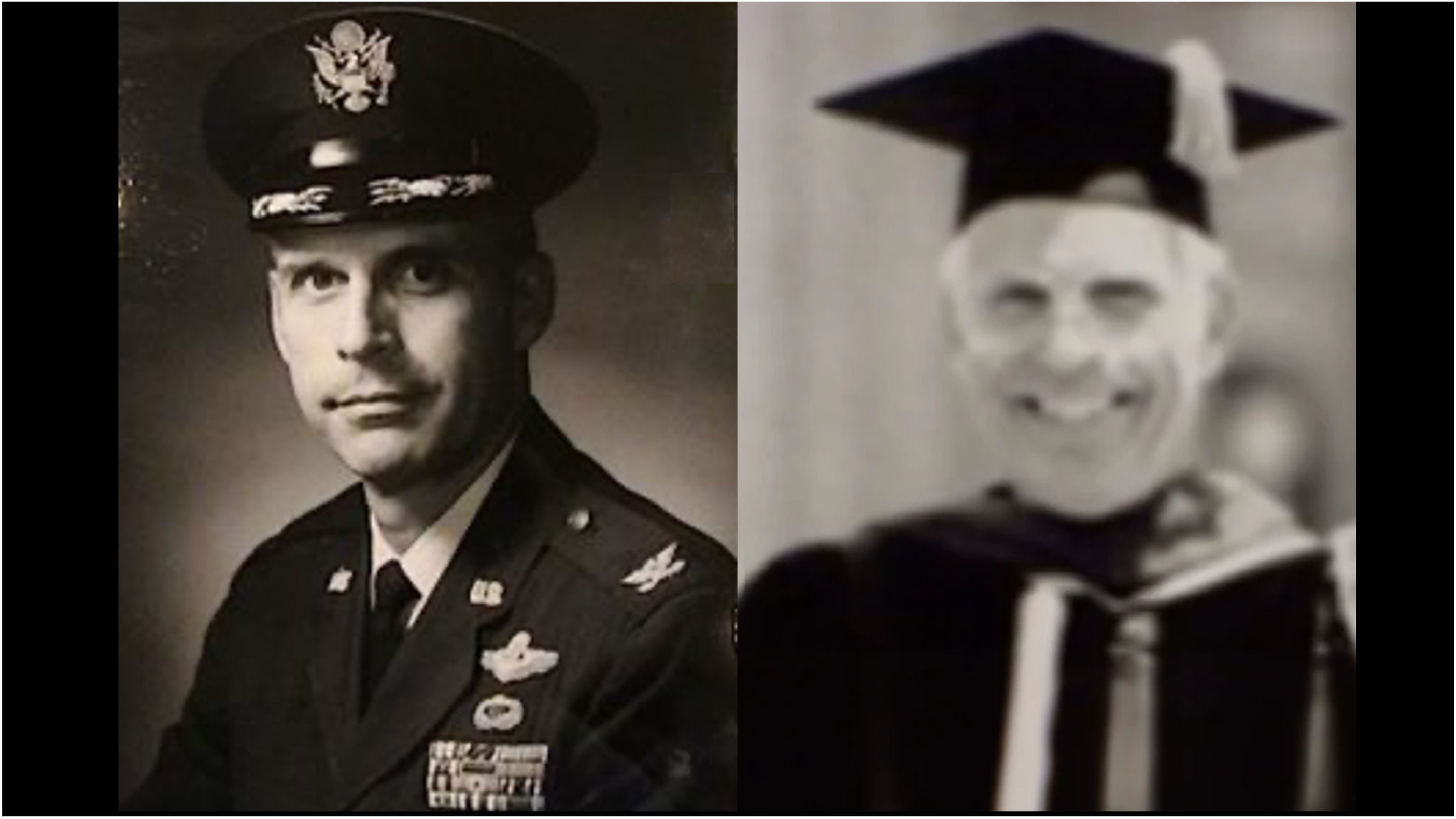
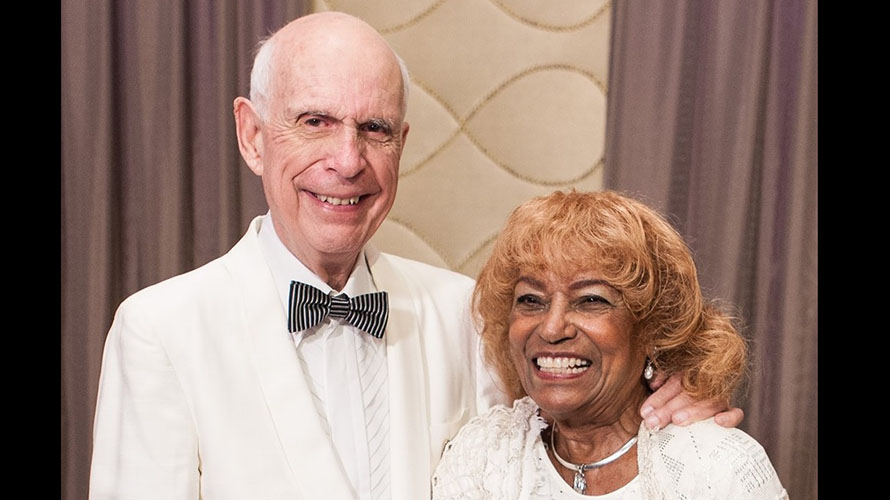
Meet our Administration
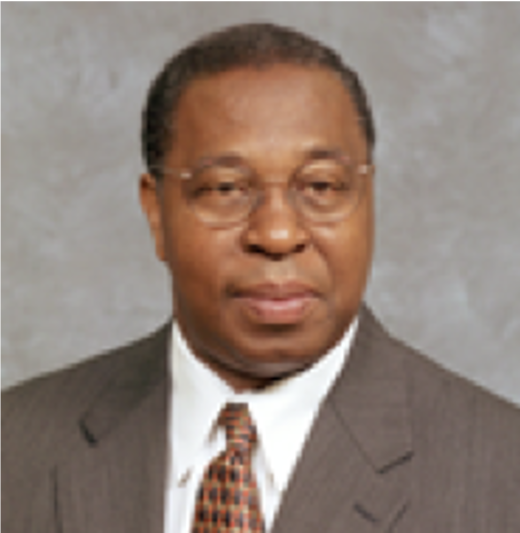
Fred Gainous
Chairman
Dr. Fred Gainous was born in 1947, and his hometown is Tallahassee, Florida. He received his bachelor’s degree from Florida A & M University back in 1969, and his Master’s in Agricultural Education and Doctorate of Education from the University of Florida. Gainous served as ninth President of Florida A & M University from 2002 – 2004. Before this position he was the Chancellor of the Alabama College System’s Department of Postsecondary Education. He also served as the Associate Vice President of St. Petersburg College.
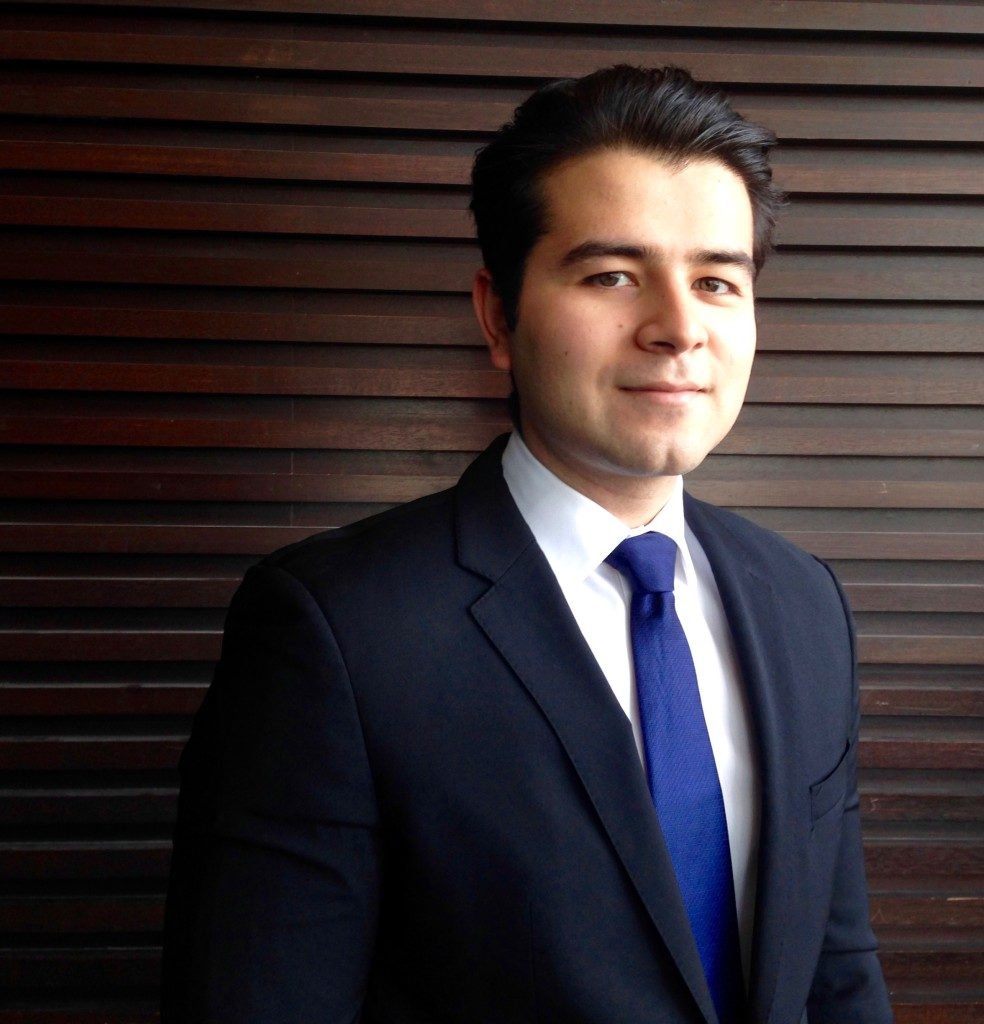
Haroon Oqab
President/Chief Executive Officer
Haroon Oqab is a graduate of The University of Western Ontario with Master of Engineering degrees in Mechanical and Materials Engineering (Automation Technologies and Systems) and Electrical and Computer Engineering (Robotics and Control), he also holds Bachelor of Science Honours Specializations in Kinesiology and Medical Biophysics (Physical Science Concentration).
Haroon Oqab is also the President & CEO of Columbiad Launch Services, He also serves as the National Technical Program Manager of the Canadian Space Society and is a member of the Prospectors and Developers Association of Canada. Haroon is an astronautical physicist with a longstanding fascination with propulsion technologies relating to achieving interstellar distances. His main interests lay in fully integrated spacecraft design with a particular focus on propulsion engineering, space solar power, development of infrastructure supporting an interplanetary civilization, and advancement of technology for space exploration beyond the solar system.

Nate Sushereba
Director, Finance and Administration
Ms. Sushereba serves as the Executive VP of Public Relations for Kepler Space Institute and is an active member of the KSI Board of Directors. Throughout her time with KSI she has worked with the National Space Society as the VIP coordinator and as an event programmer for their International Space Development Conferences. In 2011, Ms. Sushereba served the Secretary of the Florida Senate as an Information and Press Liaison. Ms. Sushereba served as the President of a local woman’s service group, the Relief Society of the LDS church in Richmond Va. 2003-2006. As a Humanitarian and Space Advocate working in the Education and commercial space fields, her main interest lies in creating a legal and moral framework for off earth exploration and habitation.
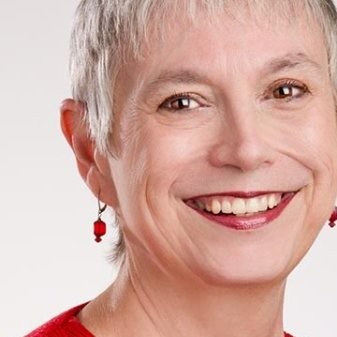
Kat Krone
Director, Archives & Special Collections
Kat Krone is a graduate of Brandeis University holding a Bachelor’s degree in Theater Arts. and an MBA in Arts Management/Labor Relations from UCLA Anderson School of Management, With a career spanning over four decades, Kat’s journey in labor relations began when she assumed the role of Business Representative at the Screen Actors Guild. Subsequently, she served as the Executive Director of the Dallas Local of AFTRA/SAG, where she championed tirelessly for performers’ rights and welfare. Kat served as the Vice President of Labor Relations, and Senior Director of Business Affairs and Labour Relations at The TEAM Companies. Her leadership has been instrumental in negotiating successful labor agreements and fostering a harmonious rapport between artists, production companies, private and public institutions. Beyond her professional achievements, Kat Krone has made meaningful contributions to Kepler Space Institute as a valued member of the Board of Directors, and Director of Archives and Special Collections. Her extensive experience and passion for education have enriched the institution’s strategic direction and fostered a supportive environment for students and faculty.
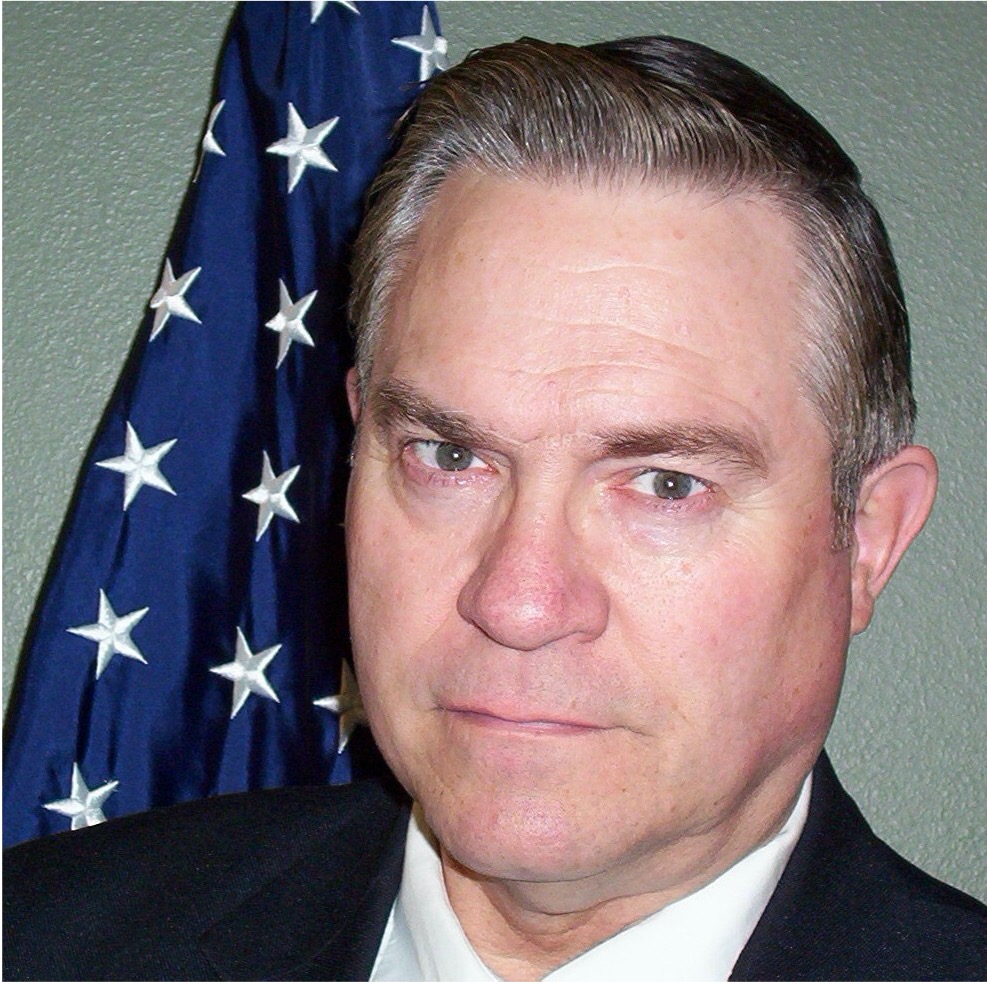
Edward Kiker
Director, Chief Scientist
Edward Kiker graduated from Harvard University in 1970 with a Bachelor of Arts in Lunar Geology. With 39 years of federal services, he was an executive officer of SMDC’s Chief Technology Office, retired at the command’s Redstone Arsenal headquarters. Edward is a Co-Founder of the Kepler Space Institute, and is a Director at KSI, he also serves as the Chief Scientist developing initiatives in space exploration, philosophy, arts, and technologies related to space. He is currently working on Moon/Mars concepts for robotic exploration of lava tubes for possible habitation, design of habitation modules, prime power, industrial shops, surface operations, vehicles, and philosophy of why we should explore and live in space.
Meet our faculty members
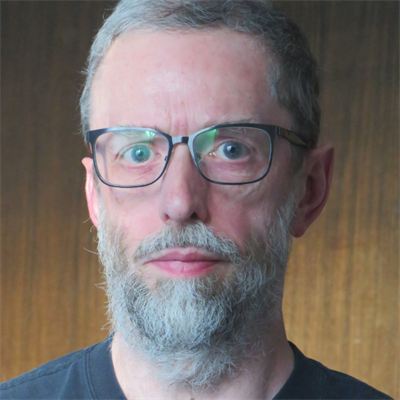
Arthur, Gordon, Ph.D.
Dean, Department of Space Philosophy and Theory
Gordon Arthur holds a BSc in Physics from Birmingham University, UK, an MA in Philosophy of Religion from King’s College, London, UK, and a PhD in Theology, also from King’s. After graduating from Birmingham, he spent 22 years in the British television industry, first as a recording operator (videotape and telecine) at BBC Enterprises (now BBC Worldwide) and then as a videotape editor at Molinare and Sky Television. The last seven of those years he spent working part time alongside grad school. After gaining his PhD, he moved to Canada, where he became a scholarly copy-editor, working mainly on doctoral dissertations and journal articles. He was Associate Editor of the Journal of Space Philosophy from its inception to August 2021, when he became Editor-in-Chief on the retirement of Bob Krone, the founding Editor-in-Chief. He has also given occasional postgraduate lectures at Seattle Pacific University. He has been a lecturer at KSI since 2019. His dissertation was published in 2006 by Ashgate (now a part of Routledge) as Law, Liberty and Church: Authority in the Major Churches in England, and in the article “The Development of Canonical Jurisprudence in the Roman Catholic Church and the Church of England,” in Ecclesiology 4 (2008): 308-25. He has also written On Frustrated Vocation (FeedARead, 2012), and articles on “Religion and Values: Cosmic or Universal Ethics?” in the Journal of Space Philosophy 3, no. 2 (Fall 2014): 23-31 and “Why Go to Space? The Academic Philosophy of Space Travel” in the Journal of Space Philosophy 10, no. 1 (Spring 2021): 54-68. He co-edited (with Bob Krone) and typeset the manuscript for Improving Humanity’s Prospects, by Yehezkel Dror (Amazon, 2019).
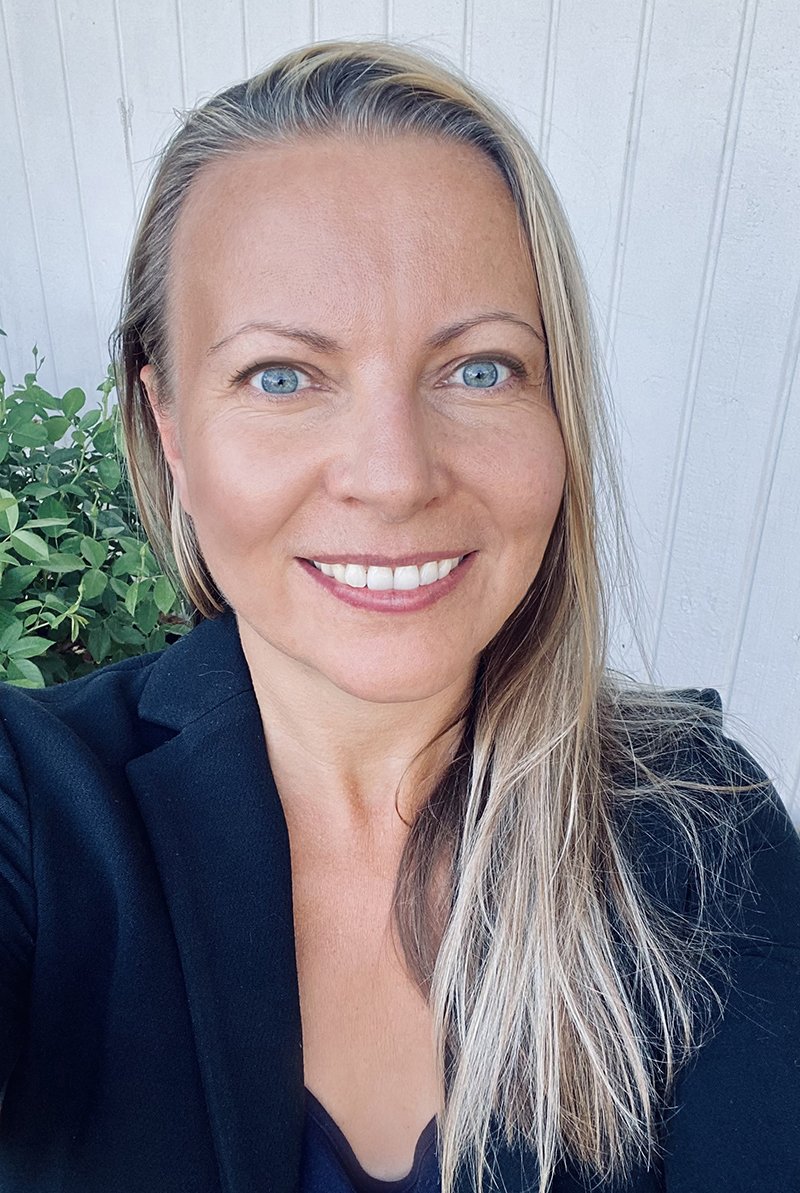
Deroko, Blanka, Ph.D.
Professor, Department of Human Factors
Blanka Deroko, Ph.D. is a Los Angeles based designer, multimedia artist, educator and entrepreneur. For over 20 years, she has provided visionary strategies, pioneering new products, services and technologies through hands-on design and management as well as authored information technology and media content. She is a public speaker and researcher in areas spanning digital media, human experience design, human computer interaction, art and technology and space travel. As a storyteller and experience architect she creates liminal environments on the intersection of human and technology to transform and empower people. Her research has been published in peer-reviewed journals, book chapters and conference proceedings while her work has been exhibited and broadcasted internationally.
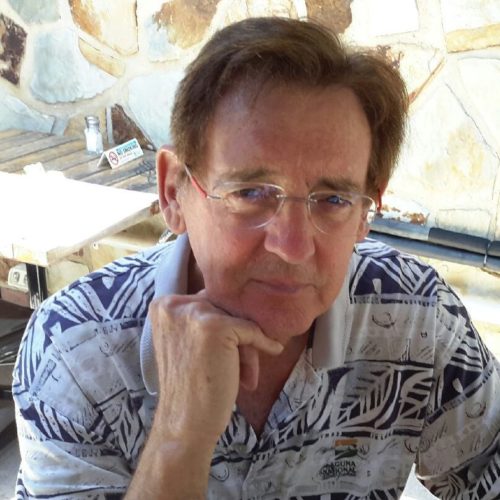
Elsey, Barry, Ph.D.
Doctoral Research Principal Supervisor
Dr. Elsey’s background is in adult education in British universities, mainly with a focus on sociology and adult learning. In the Australian context this experience converted into teaching and research interests in workplace learning and organisational change management generally. He directed a Master of Education program in Human Resource Studies before becoming exclusively involved in doctoral research supervision in the business and management domain embracing PhD and DBA program, mostly in offshore locations through SE Asia. Working closely with leaders in all kinds of business enterprises has led to many research and writing collaborations resulting in journal publications. He see myself as an applied researcher and enjoy assisting adult learners and international students especially use their extensive knowledge and experience to undertake practical research often leading to publication. After over forty five years in adult learning he considers himself privileged to still be active and engaged in such a wide variety of research interests that are embedded in the practical realities of business and management.

Gainous, Fred, Ph.D.
Professor
Dr. Fred Gainous was born in 1947, and his hometown is Tallahassee, Florida. He received his bachelor’s degree from Florida A & M University back in 1969, and his Master’s in Agricultural Education and Doctorate of Education from the University of Florida. Gainous served as ninth President of Florida A & M University from 2002 – 2004. Before this position he was the Chancellor of the Alabama College System’s Department of Postsecondary Education. He also served as the Associate Vice President of St. Petersburg College.
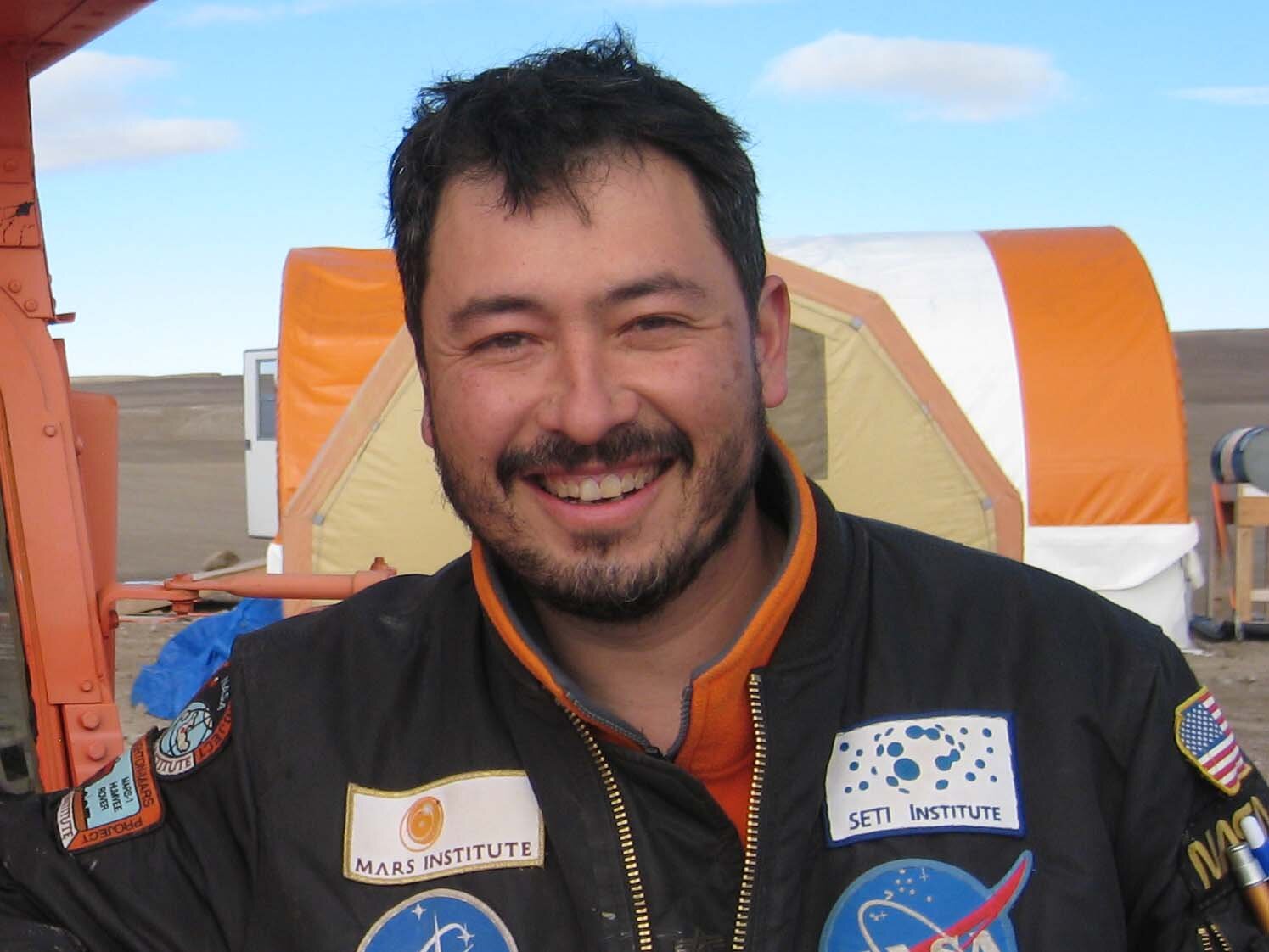
Lee, Pascal, PhD, M.S., M.E. B.Sc.
Professor
Dr Pascal Lee is a Planetary Scientist at the SETI Institute. He is also Chairman of the Mars Institute, and Director of the NASA Haughton-Mars Project at NASA Ames Research Center in Mountain View, California. His research focuses on the history of water on Mars and on planning the future human exploration of Mars. Dr Lee has led over 30 expeditions to the Arctic and Antarctica to study Mars by comparison with the Earth. He also studies asteroids and the two moons of Mars. His first book, Mission: Mars, won the 2015 Prize for Excellence in Children’s Science Books from the American Association for the Advancement of Science.
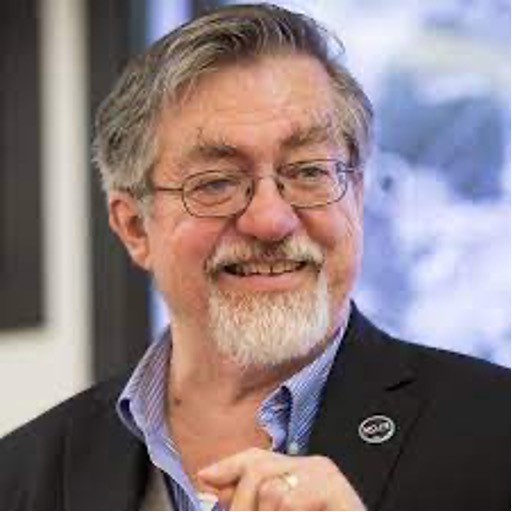
Mankins, John, M.B.A., M.S., B.S.
Professor, Dean of Department of Space Commercialization and Entrepreneurship
John C. Mankins is President of Artemis Innovation Management Solutions LLC and of Mankins Space Technology, Inc. And he is a Director of Solar Space Technologies of Melbourne, Australia. He is also Vice President of the Vienna-based Moon Village Association, and serves on the Boards of both the National Space Society and of SPACE Canada. And, most recently has joined the faculty of Kepler Space Institute. During his 25-year career at NASA and JPL he held numerous positions, including serving as Chief Technologist for Human Exploration and Development of Space at NASA HQ, where he received the NASA Exceptional Technology Achievement Medal, and created & managed the $1B per year Exploration Systems Research and Technology program. He holds a B.S. from Harvey Mudd College and an M.S. from UCLA in Physics, and an MBA from Claremont Graduate University, and is a member of both the AAAS and the International Academy of Astronautics. Mankins is best known for writing in the early 1990s the first detailed definitions of the “TRLs” – Technology Readiness Levels – and as the world’s leading expert in the field of “Space Solar Power”. He lives with his family on a Ranch on the California Central Coast.
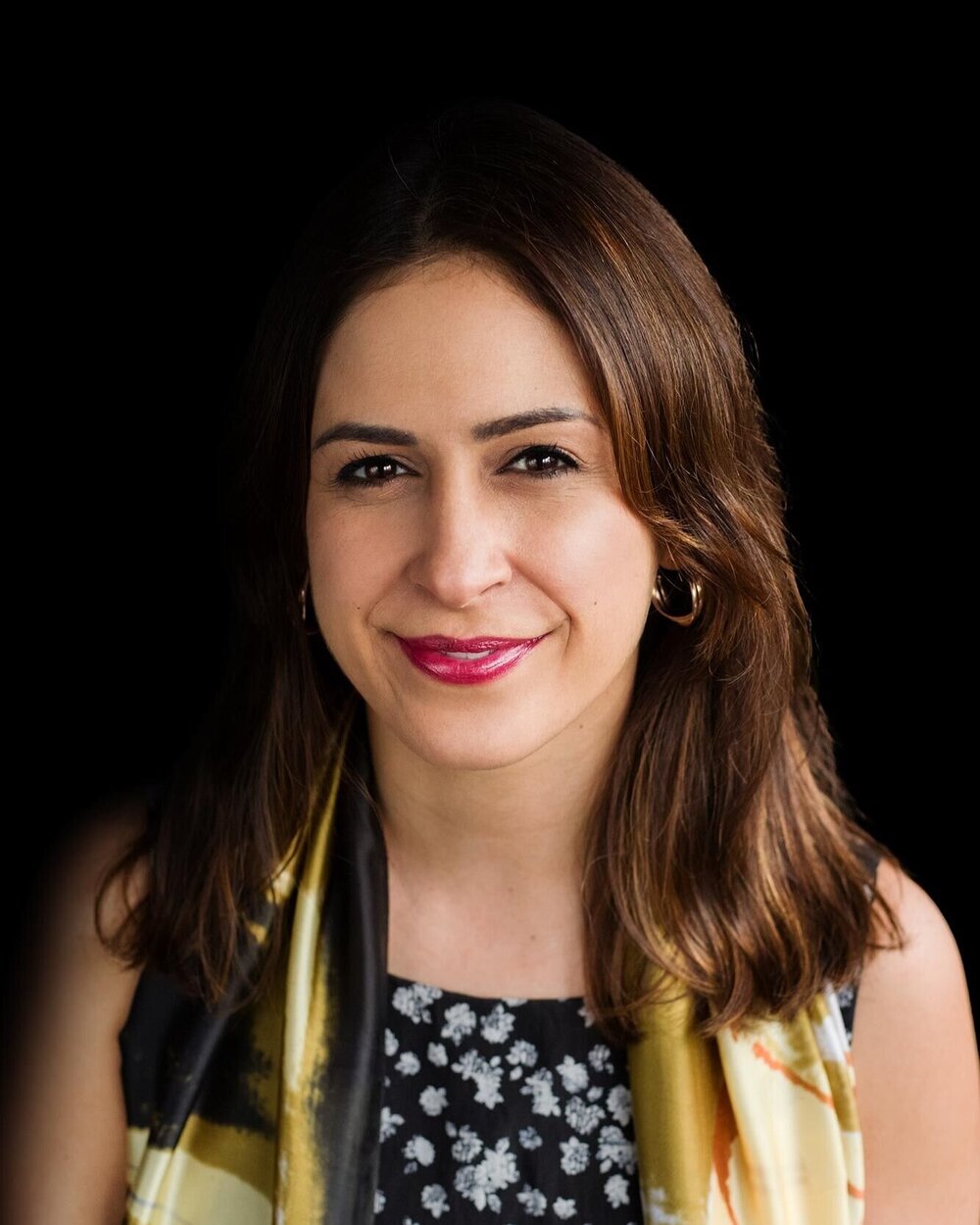
Nezami, Annahita, Ph.D.
Professor, Department of Human Factors
Annahita is a graduate of City, University of London, where she studied for a doctoral degree in psychology. She is a counselling psychologist offering consultation, assessment, and therapy to individuals, couples, and organisations, a professor at Kepler Space Institute, and an early-mid career researcher with many years of experience in applied psychology. Her professional interests include space health, the salutogenic benefits of space flight, the psychological impact of our species becoming a multiplanetary species, the psychosomatic impact of stress and trauma, digital therapeutics, peak performance, altered states of consciousness, and neuropsychology. Annahita has applied research experience in forensic psychology and applied psychology, and she has successfully instigated and devised research studies on the salutogenic benefits of the Overview Effect in virtual reality setups with City, University of London, Stirling and Goldsmiths Universities, and the University of Amsterdam. She regularly presents her work at various conferences both nationally and internationally, and she has been invited to talk as a guest lecturer at Birkbeck, University of London, the International Space University, and Deakin University. She has shared her ideas about the Overview Effect and mental health on BBC Radio 4, the Weekend University, at Central St Martin’s, and at TEDx London. She is also an elected fellow and active member of the Royal Society for the Encouragement of Arts, Manufactures and Commerce (RSA) and serves as an advisor to multiple organisations including the Human Space Program.
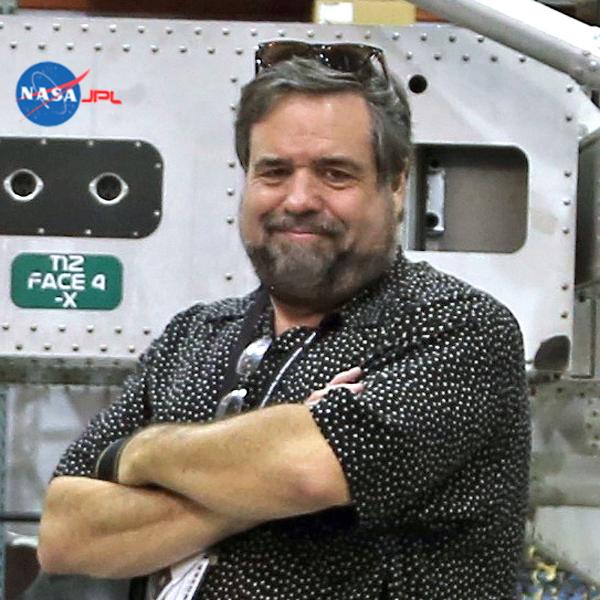
Pyle, Rod, M.A.
Professor
Rod Pyle, MA is a space author, journalist and historian. He has written 17 books on space history, exploration and development for major publishers that have been published in several languages, including two for NASA’s Jet Propulsion Laboratory. Publishers include Smithsonian, McGraw-Hill, Random House, Carlton Books, Sterling, Prometheus and BenBella. His frequent articles have appeared in Space.com, LiveScience, Futurity, Huffington Post and WIRED. He has written extensively for NASA’s Jet Propulsion Laboratory and Caltech, and authored the Apollo Executive Leadership Program for NASA’s Johnson Space Center. Recent books include “Space 2.0” with a foreword by Buzz Aldrin, and “First to the Moon: The Apollo 11 50th Anniversary Experience,” also with a foreword by Aldrin. “Space 2.0” and Rod’s 2018 book “Amazing Stories of the Space Age,” have been optioned for television. Rod is the Editor-in-Chief for the National Space Society’s premium print quarterly, “Ad Astra,” and contributes multiple articles in each issue. He appears frequently on national radio and television, with regular slots on KFI/Los Angeles, WGN/Chicago, PBS’s “Between the Lines” and other venues, and has a biweekly podcast on iHeart Radio called “Cool Space News.” Prior to book authoring, Rod produced nonfiction programming for The History Channel, Discovery Communications and a number of educational program providers, as well as producing TV commercials for over a decade. He additionally worked in visual effects on Star Trek: Deep Space Nine and a number of sci-fi pilots for Paramount Television, and ran the preliminary visual effects unit for 2004’s Battlestar Galactica. Rod holds an MA from Stanford University and a BFA from the Art Center College of Design. He currently resides in San Diego, CA.

Oqab, Haroon, MEng., MEng, BSc., BSc.
Professor; VP Research & Development
Haroon Oqab is a graduate of The University of Western Ontario with Master of Engineering degrees in Mechanical and Materials Engineering (Automation Technologies and Systems) and Electrical and Computer Engineering (Robotics and Control), he also holds Bachelor of Science Honours Specializations in Kinesiology and Medical Biophysics (Physical Science Concentration).
Haroon Oqab is also the President & CEO of Columbiad Launch Services, He also serves as the National Technical Program Manager of the Canadian Space Society and is a member of the Prospectors and Developers Association of Canada. Haroon is an astronautical physicist with a longstanding fascination with propulsion technologies relating to achieving interstellar distances. His main interests lay in fully integrated spacecraft design with a particular focus on propulsion engineering, space solar power, development of infrastructure supporting an interplanetary civilization, and advancement of technology for space exploration beyond the solar system.
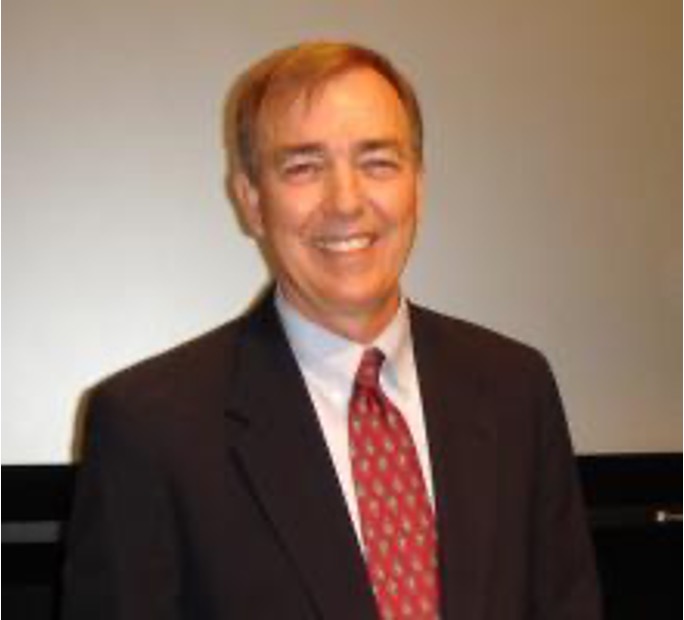
Schrunk, David, M.D.
Professor; Dean, Department of Leadership, Policy, and Governance
David G. Schrunk, MD is an aerospace engineer and medical doctor with board certifications in the medical specialties of nuclear medicine and diagnostic radiology. Dr. Schrunk served two years in the United States Army as a flight surgeon / investigator at the US Army Aeromedical Research Unit and for one year as a flight surgeon / investigator with McDonnell Douglas Astronautics. He practiced medicine for twenty years as a partner in the Valley Radiology Medical Group in Escondido, California, and served as the radiation safety office for the San Diego North County Hospital District. He has authored numerous papers and presentations on scientific and law topics related to the exploration and development of the Moon and is the lead co-author of the book, “The Moon: Resources, Future Development, and Colonization,” published by Wiley-Praxis in 1999; a second edition was released in 2007. In 1995, Dr. Schrunk founded the Science of Laws Institute, whose purpose is to expand science to encompass laws of government and the lawmaking process. In 2005, he authored the book, “THE END OF CHAOS: Quality Laws and the Ascendancy of Democracy,” which describes the rationale for developing the science of laws. Dr. Schrunk is a professor with the Kepler Space Institute and a member of the board of directors of the International Lunar Observatory Association (ILOA). His affiliations also include the Association for the Advancement of Science (AAAS), the American Institute of Aeronautics and Astronautics (AIAA), and the National Space Society (NSS). Dr. Schrunk and his wife reside in Poway, California.
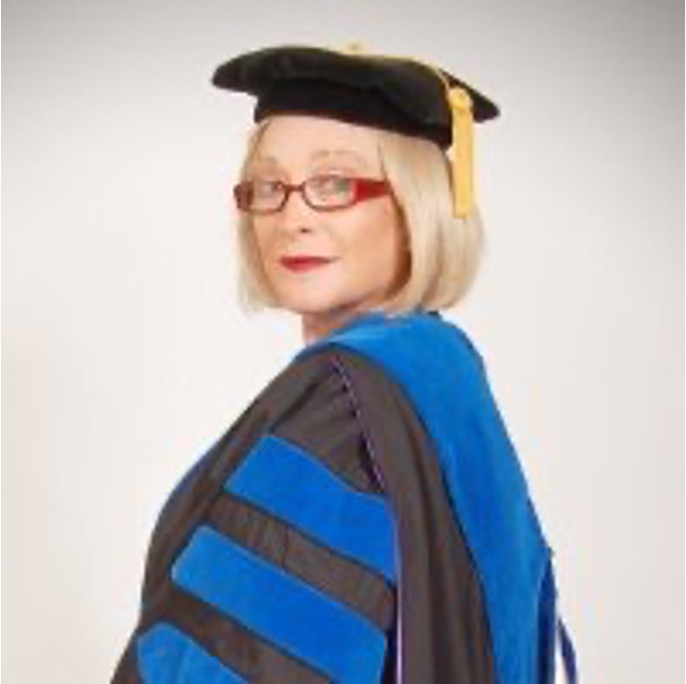
Bell, Sherry, Ph.D.
Professor; Dean, Department of Psychology
Sherry E. Bell, Ph.D., is Dean of Psychology at Kepler Space University. Dr. Bell’s education consists of a B.S. in Psychology from California State University, Stanislaus, and an M.S. and Ph.D. from Capella University. She maintains a private practice where she provides executive coaching and related services. She also teams with an M.D. working with patients who have weight loss issues. Dr. Bell’s interests include research and she has been awarded two research grants. Dr. Bell is an avid supporter of the Space Settlement Movement. From 2005 to 2009 she served as a Senior Leadership Advisor for the Aerospace Technology Working Group. She has made numerous presentations at the National Space Society’s annual conference, the International Space Development Conference, where she frequently chairs a track. Dr. Bell has published three chapters in space-related books and is the editor of one space settlement related book, Living in Space: Cultural and Social Dynamics, Opportunities, and Challenges in Permanent Space Habitats.
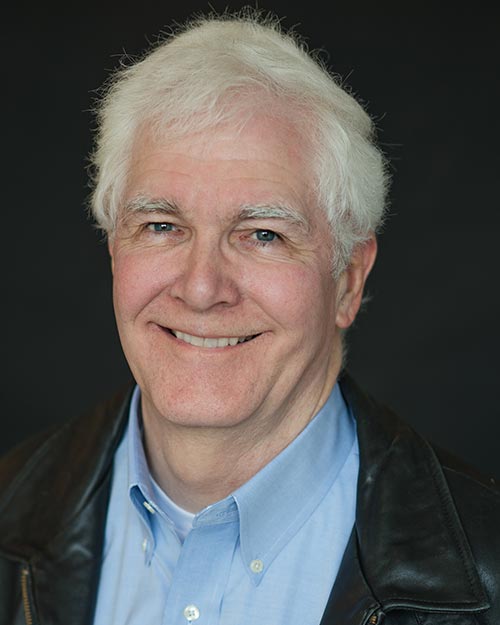
White, Frank, MPhil.
Professor, Dean, Department of Human Space Factors
Frank White has authored or coauthored numerous books on topics ranging from space exploration to climate change to artificial intelligence. His best-known work, The Overview Effect: Space Exploration and Human Evolution, is considered by many to be a seminal work in the field of space exploration. A film called Overview, based largely on his work, has had nearly 8 million plays on Vimeo. Since the first edition of his book on the subject was published in 1987, the Overview Effect has become a standard term for describing the spaceflight experience. The fourth edition of The Overview Effect, including original interviews with 31 astronauts, was published in 2021. White considers himself to be a space philosopher, and he has long advocated developing a new philosophy of space exploration. His book on this topic, The Cosma Hypothesis: Implications of the Overview Effect, was published in 2019. In it, he asks the fundamental question, “What is the purpose of human space exploration? Why has the evolutionary process brought humanity to the brink of becoming a spacefaring species?” In the book, he shares the idea of “the Human Space Program” as a “central project” that will engage all of us in the process of becoming “Citizens of the Universe.”
Frank and his wife Donna live outside Boston, MA.
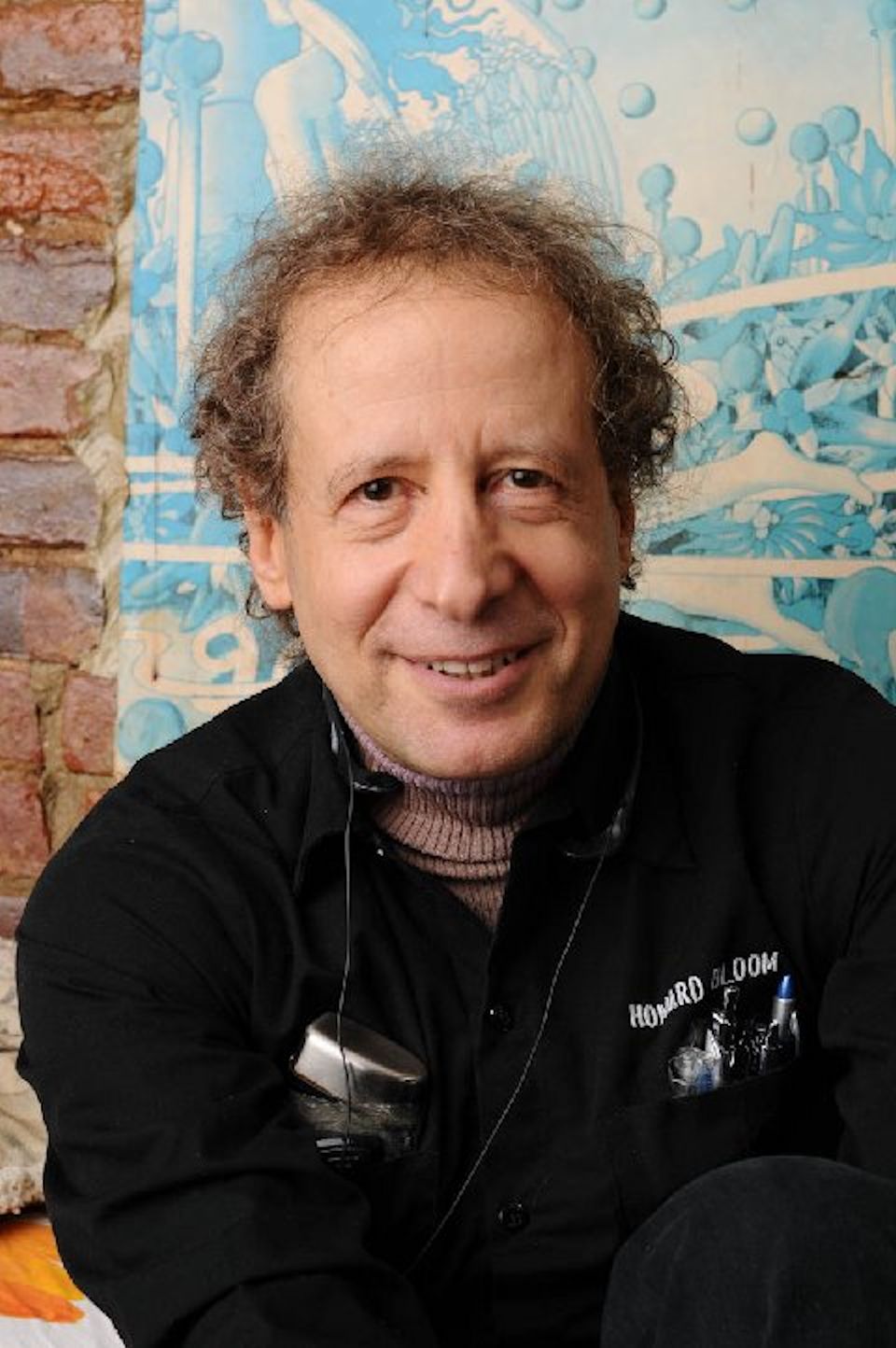
Bloom, Howard, B.A.
Professor of Practice
Howard Bloom has been called the Einstein, Newton, and Freud of the 21st century by Britain’s Channel 4 TV. One of his seven books–Global Brain—was the subject of a symposium thrown by the Office of the Secretary of Defense including representatives from the State Department, the Energy Department, DARPA, IBM, and MIT. His work has been published in The Washington Post, The Wall Street Journal, Wired, Psychology Today, and the Scientific American. He does news commentary at 1:06 am et every Wednesday night on 545 radio stations on Coast to Coast AM.
Meet Our Lecturers

Greason, Jeffrey, E.E.
Professor of Practice
Jeff Greason is a co-founder and Chief Technologist of Electric Sky, a company developing the ability to wirelessly transmit power to moving vehicles. He also serves as chairman of the board of the Tau Zero Foundation. Greason has been active in the development of the regulatory environment for the commercial space flight industry. He has worked with the FAA’s Office of Commercial Space Transportation (AST) since 1998, has served on the advisory group to AST, COMSTAC as a member of the working group on reusable launch vehicles (RLV) since 2000, and as an invited full member of COMSTAC since 2005. He was one of the leaders of the development of the Commercial Space Launch Amendment Act of 2004. He co-founded the Commercial Spaceflight Federation (formerly Personal Spaceflight Federation). Previously, he was the team lead at Rotary Rocket for engine development, and earlier worked at Intel. Greason was named a member of the Review of United States Human Space Flight Plans Committee on May 7, 2009. Since then he has given a number of speeches on space policy and space settlement. In July 2003, Greason testified before the joint House/Senate subcommittee hearings on Commercial Human Spaceflight that addressed the transition from aircraft regulation to launch vehicle regulation for suborbital vehicles. He is one of the founders of XCOR Aerospace and was its CEO from 1999 through February 2015, after which he served as chief technologist. In November 2015 Greason left XCOR with two other founders to form Agile Aero. From November 2015 through July 2019 he served as CEO of Agile Aero, a company developing rapid prototyping capabilities for aerospace vehicles, which has since been acquired by Electric Sky.
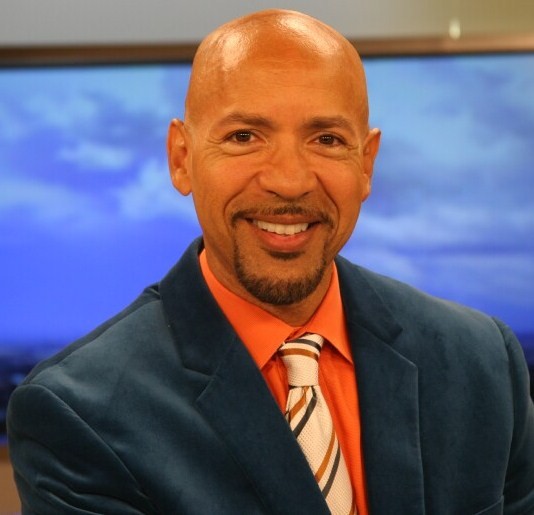
Rollins, Oneida, M.A.
Lecturer
Oneida, or “Jay Rollins” as he is known today, was born and reared in Chicago, IL, completed high school in Houston, TX, and graduated the University of Texas at Austin with a BS in Aerospace Engineering degree, and the University of Miami with an MA in TV Broadcast Journalism. Although he was primarily a naval aviator at the time of filming (and later a captain for American Airlines), Rollins moonlighted as an actor. When he learned “Jaws 2” was filming nearby in Destin, Florida, he decided to audition on a lark, and landed a speaking role as the ambulance driver. Rollins continued acting in multiple theater and commercial appearances, including one where he played a tongue-in-cheek “Agent X” character opposite TV Minister TD Jakes in a dramatic promotional series entitled, “The Mission is NOT Impossible” which aired on Daystar Cable, and he was also featured in a Blue-Emu commercial featuring Johnnie Bench, now archived on the iSpot.tv website. Rollins resides in Hollywood, Florida between Miami and Ft. Lauderdale.
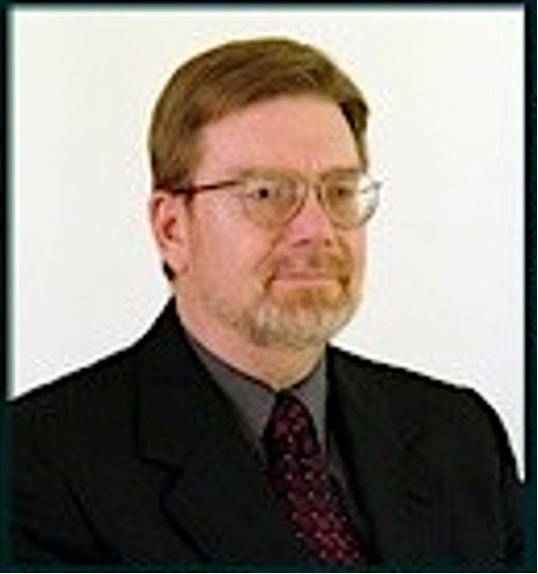
Snead, James Michael, M.S.
Lecturer
James M. (Mike) Snead is the founder and president of Spacefaring Institute LLC. He is a registered professional engineer and an Associate Fellow of the American Institute of Aeronatuics & Astronautics (AIAA). Previously, he was the chair of the AIAA Space Logistics Technical Committee. Mike Snead is a retired civilian aerospace engineer with the United States Air Force at Wright-Patterson Air Force Base. With nearly four decades of experience, he worked on a wide range of aerospace systems including the Air Force studies of Transatmospheric Vehicles, the National Aerospace Plane, and the Delta Clipper-Experiemental Single Stage Rocket Technology program. He has also worked on the staff of the Air Force Research Laboratory focused on global air and space logistics and futures technology wargaming. Most recently, Mike Snead’s efforts have focused on advocating for the near-future astrologistics capabilities needed to transform America into a true human spacefargin nation. He is the author of the book Astroelectricity: Why American engineers should advocate for GEO space solar power to end America’s CO2 emissions, make America energy secure, and prepare American for the 22nd century. He is also the author of the blog Spacefaring America.
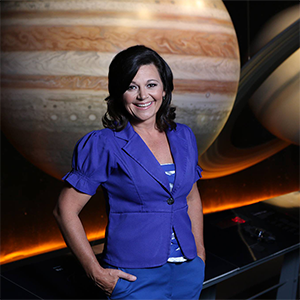
Janet Ivey, B.A., B.A.
Lecturer
Janet Ivey creator of Janet’s Planet is committed to enriching the lives of children via education and live performances, TV, and online programming. With over 25 years in the children’s entertainment and education, Janet has captivated Nashville and beyond with her work. She has received 12 Regional Emmys and five Gracie Awards for her children’s series Janet’s Planet that airs on 140+ public television stations nationwide. Janet has won a STEM-FLORIDA Award for the “Exploring Microgravity,” an educational video about gravity and microgravity that she wrote and produced for Space Florida.
This dynamic and fast-paced series is geared to 7-12 year olds and focuses on science, space, history and health. The short form series can be seen on public television stations nationwide, as well as KTV (Kids and Teen Television), YouTube, BatteryPop, Club Jelly Telly, AmebaTV, and HighBrow in the UK, and the Children’s Television Network.
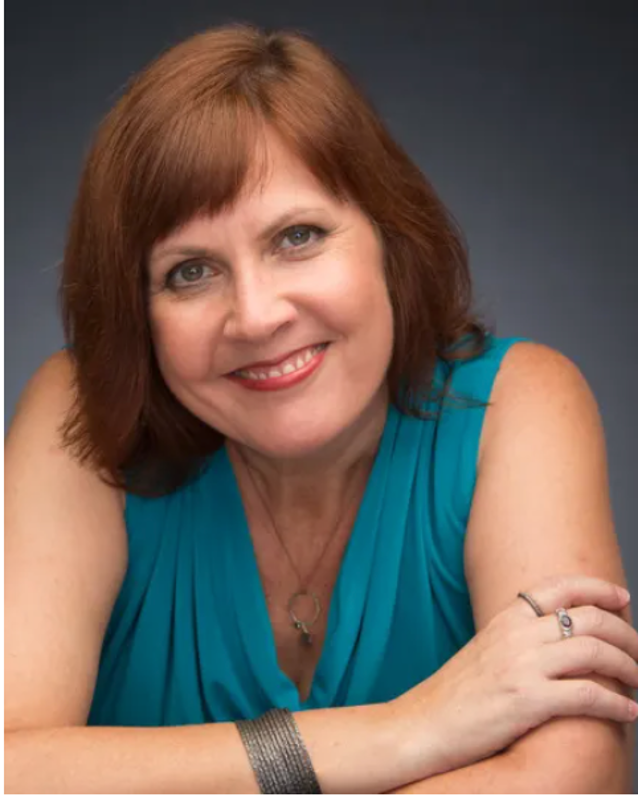
Holly Melear, B.A., M.A.
Lecturer
With over 20 years in the Education Industry, Holly has acted as education advocate, consultant, coordinator, and event director. After founding the first Cities in Space Event in 2015, Holly and her team have moved forward to offer growing opportunities for youth across the globe with events such as their Leadership Summits and Cities in Space workshops. Part of the team’s mission is to support progressive education techniques such as Project Based Learning and Social Emotional Learning, incorporating these approaches into progressive events that ensure equal opportunity, and include restrictions on team spending and access to financial aid. By 2020, STEAMSPACE has reached over 3000 youth globally, and will be including even more students in 2021. STEAMSPACE has consistently, year over year, had greater than 60% female student representation for Cities in Space, and roughly 70% of the Cities in Space teams include minority representation. Holly is on the advisory board of STEM for Women Magazine, promoting girls and women in the STEM/STEAM Industry and sat on the former Space Economy Task Force in Austin, Texas. She has been published in such disparate and respected magazines as CASEL Magazine and Journal of Space Philosophy. In 2018, Holly received the Permission to Dream Award as well as the MSAT Morocco Award for her work in STEAM Education and space.
Meet Our Instructors
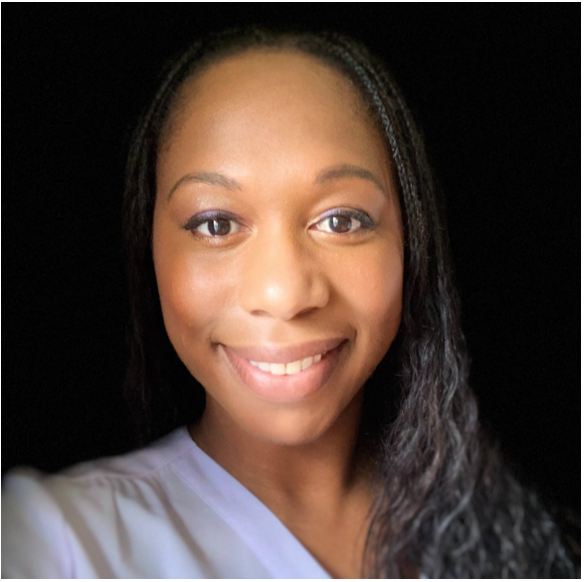
Shy'Ann Jie
Lecturer
Shy’Ann Jie is the Director of Omnology Outreach and DE&I at the Howard Bloom Institute and as Its Director of Omnolgy Outreach. Leading HBI future community outreach endeavors, including a focus on Omnology youth STEAM programs in underserved communities.

Matthew Williams
Lecturer
Matthew S. Williams is a space journalist and science communicator who writes for Universe Today and Interesting Engineering. In his spare time, he makes podcasts and writes hard science fiction novels, three of which have been published. His articles have appeared in Phys.org, Popular Mechanics, Business Insider, HeroX, Science Alert, Real Clear Science, and Gizmodo. He lives on Vancouver Island with his wife and family.
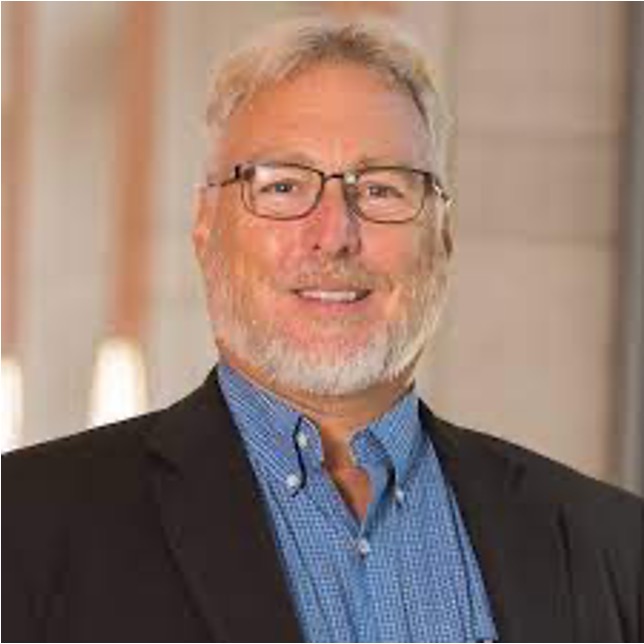
Peter Schubert PhD
Lecturer
Dr. Peter J. Schubert is a licensed Professional Engineer in microelectronics in the State of Illinois, in the United States. He holds a doctorate from Purdue, and he is a full professor of engineering at the Purdue School of Engineering & Technology at IUPUI (Indiana University-Purdue University Indianapolis).

Ayse Oren
Lecturer
Ayse Oren is a multidisciplinary artist, architect, and designer. Her works are on the contemporary and conceptual side that includes abstract art, sculpture, furniture and product design, graphic design, and presentations. Educated as an interior architect, her broad interests span such fields as history, philosophy and psychology, and space architecture.
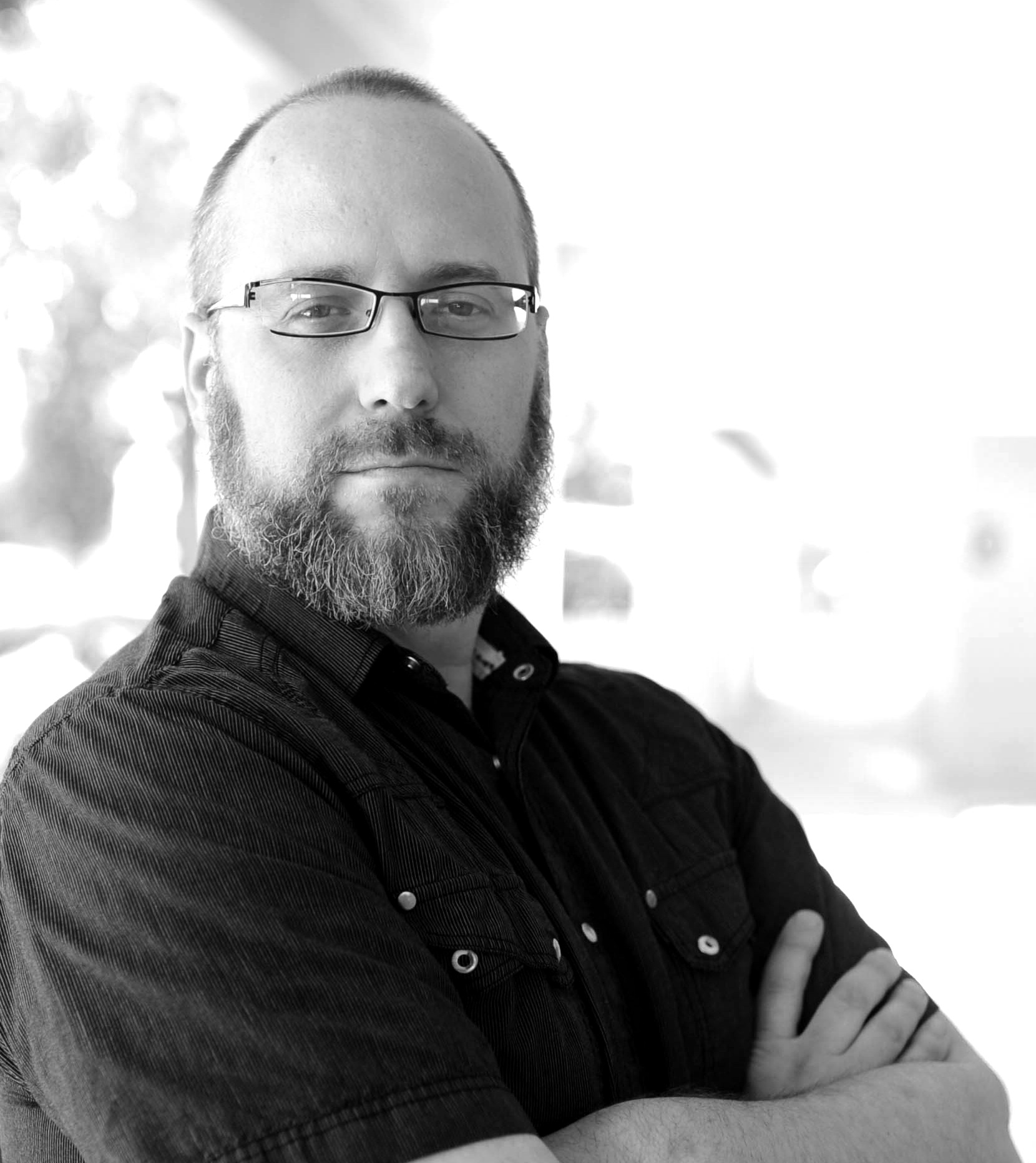
Jason Batt
Lecturer
Jason Batt serves as Creative and Editorial manager for 100 Year Starship. Jason creates visual engagement for 100 Year Starship programs and activities. He is also the managing editor of the 100YSS Symposium Proceedings. Jason is writer, teacher, designer, artist, creator of communities, listener, and explorer. He currently serves as the Group Life Director and Lead Artist/Designer at a non-profit organization in Sacramento, California. J. Daniel Batt is a writer that has penned the children’s fantasy book Keaghan in Dreamside and the designer of many more, including the ALA Schneider-Family Book Award nominee, My Brother Fights Pirates (Sort of) and The Human Race to the Future published by the Lifeboat Foundation. Jason has been engaged in community leadership for fourteen years, specifically focusing on meeting the needs of at-risk students. He works as a community architect and social strategist for a non-profit. Jason is involved in developing community service groups focused on bringing together individuals of different faith backgrounds. He continues to train community group leaders to reproduce this work. He has written several articles and guides on the individual and community transforming effect of group connections.
He is a member of the Lifeboat Foundation and serves on their Space Settlement Board, Religious/Spirituality Board, and their Media & Arts Board. He serves as a judge for the Lifeboat to the Stars award for science fiction literature, which was presented at the Campbell Conference in June 2013. Jason Batt earned his B.A. in Language Arts at Chadron State College
